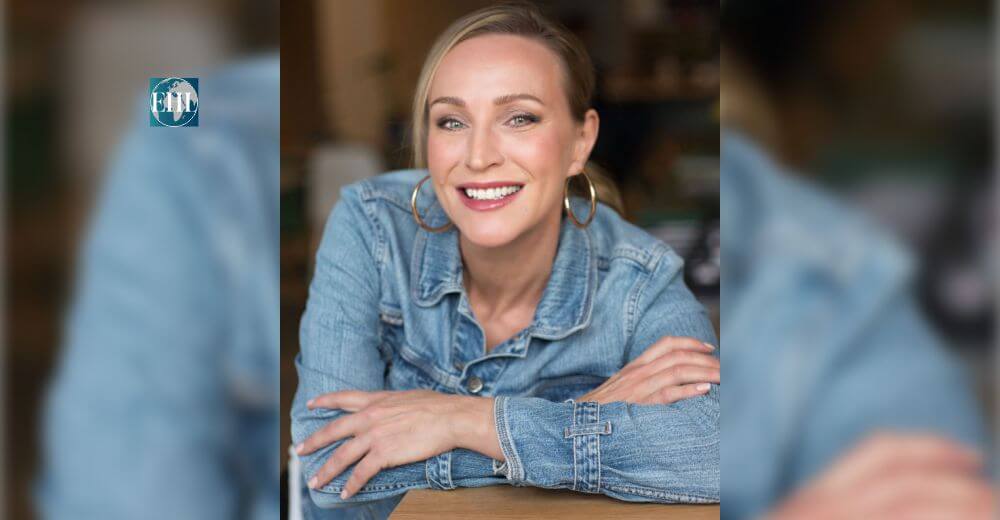The desire for self-improvement and the quest to enhance one’s appearance have transformed the aesthetics industry. The global aesthetic medicine market is projected to reach $19.4 billion by 2025, with the UK alone contributing significantly to this growth. According to the British Association of Aesthetic Plastic Surgeons (BAAPS), there was a 17% increase in cosmetic procedures in the UK in 2019.
This surge reflects not only the advancements in aesthetic technologies but also a societal shift towards acceptance and normalisation of cosmetic enhancements, reflecting our collective yearning for confidence, contemporary aesthetic ideals, and the affirmation that comes with looking and feeling our best. Yet, this popularity can be seen as a double-edged sword. On one hand, it has made aesthetic treatments more accessible and socially acceptable, yes, but on the other hand, it has led to a proliferation of unregulated providers and unsafe practices.
The Ethical Imperative of Regulation
Regulation ensures that training and certification of practitioners, licensing and approval of products, and protocols of clinics meet specific standards for patient safety, and care.
Reputable regulatory bodies require practitioners to obtain licenses and certifications, demonstrating their competence in performing aesthetic treatments. This includes rigorous training, examinations, and ongoing education. In the UK, organisations such as the General Medical Council (GMC) and the Nursing and Midwifery Council (NMC) play crucial roles in this regard.
Regulatory agencies like the Medicines and Healthcare products Regulatory Agency (MHRA) ensure that products used in aesthetic treatments are safe and effective. This includes approving dermal fillers, Botox, and other injectables based on stringent evaluations.
CQC Regulations mandate that clinics adhere to strict hygiene and safety protocols. This includes proper sterilisation of equipment, maintaining a clean environment, and having emergency procedures in place to address any adverse events. These standards reflect a commitment to patient welfare and ethical practice.
Whilst these 3 aspects are well established in the UK for the medical professionals providing aesthetic treatments, they do not apply to non-medical, non-regulated injectors practising in the country as well.
Lack of Regulation in the UK and the Risks to Safety in Aesthetics
Indeed, the regulation of the aesthetics industry the UK is problematic, to say the least. Save Face, a UK national register of accredited practitioners, reported a 25% increase in complaints about botched procedures by unregulated providers in 2020, whilst in 2022 they received almost 3000 complaints, which often involve severe complications, underscoring the risks of receiving treatments from individuals lacking the necessary qualifications, training and experience.
It is disheartening to watch how the medical aesthetic procedures like injectables including dermal fillers and toxin with all their possible complications are trivialised; how training, qualifications and expertise are watered down; and how the public are left to their own devices to navigate the chaotic, patchy, and unregulated landscape for their treatments. I cannot help but wonder, who decided that the UK public deserves anything less than the care, skills, and expertise of medically trained, registered, regulated and accountable professionals?
Unregulated practices, inevitably, put the public at risk of infections and complications, lack of management of adverse reactions such as allergic responses, tissue necrosis, or even permanent disfigurement. The non-adherence to “cooling off periods,” poor patient selection and the lack of screening for suitability of the patient are also setting the scene for safety risks and disappointment. Poor results like asymmetry, overfilled areas, migration of the injected product and other undesirable outcomes usually lead patients to seek help from regulated practices like ours for correction.
We must consider that these complications do not only affect the physical appearance but can also impact on the mental well-being of the patient. Thus, regulation should not be seen as a mere bureaucratic necessity; it is an ethical imperative that safeguards patients and maintains the integrity of the aesthetics industry.
There has been some movement recently to address this with a public consultation, launched in September 2023, with the view to create a licensing scheme. However, this does not go far enough. In fact, the question still stands: Why it is acceptable in the UK for non-medical injectors, to be allowed to perform medical aesthetic treatments, when worldwide medical aesthetic treatments are the brief and domain of doctors only?
The situation urgently calls for intervention by the state in collaboration with the medical regulatory bodies, establishing clear guidelines for qualifications, standards, and gatekeeping, so we can ensure safety in aesthetics.
In the meantime, apart from lobbying, we can focus on educating and empowering our patients and the public in general.
The Importance of Educating Patients: Empowerment Through Knowledge
Social media trends and influencers that have led to a surge in demand for aesthetic treatments, sometimes create unrealistic expectations in the public, seeking risky treatments. Furthermore, the allure of lower costs abroad has led many individuals to seek aesthetic treatments in countries with less stringent regulations which can bring significant risks due to varying standards of care and the potential for complications without adequate follow-up.
To protect the public from such risks, it is important to focus on education and help them make informed decisions and stay safe. It is important to be transparent about every treatment, including how it works, realistic expectations, potential side effects and complications. It is equally essential to create the foundation for open communication by being readily available for patients so they can ask questions and voice any concerns they may have. By providing answers and reassurance, we can help patients feel confident in their choices. Hugely important is also education about aftercare which can significantly reduce the risk of adverse events and enhance treatment outcomes.
Embracing a Holistic Ethos
The aesthetics industry holds immense potential to transform lives and boost confidence. However, this potential can only be realised if safety and regulation are prioritised. As providers and practitioners, we have a moral and professional duty to uphold the highest standards of care. As patients, it is essential to make informed decisions and choose qualified providers who are doctor-led, regulated, and adhere to stringent safety protocols. By working together and advocating for robust regulatory frameworks, we can create a safer, more ethical, and more effective aesthetics industry for everyone.
In this pursuit, let us remember that the true essence of aesthetics lies not just in enhancing outer beauty, but in nurturing and safeguarding the well-being of the whole person. This holistic ethos, grounded in ethical practice and unwavering commitment to safety, is the foundation upon which a thriving and responsible aesthetics industry must be built.
About the Author
Vicky Grammatikopoulou, BHons, PGCE equiv., MA
Vicky is a successful entrepreneur opening her first business over 35 years ago in Greece which she successfully grew and then sold. In the UK, she spent 18 years in London as a University lecturer whilst at the same time founding and, for the last 11 years, acting as CEO of Vie Aesthetics, a business that is now well established, with clinics in London, Essex and Germany.
Combining these experiences Vicky has also a marketing and PR company (London Hill Marketing Ltd) London Hill Medical Consulting Rooms and Training. As a coach, she and works with a number of organisations to support clinics and practitioners with branding, marketing, lead generation, online visibility, advertising, business growth, coaching and PR.
For more details: vicky@vie-aesthetics.com | www.vie-aesthetics.com
Read More: Click Here









